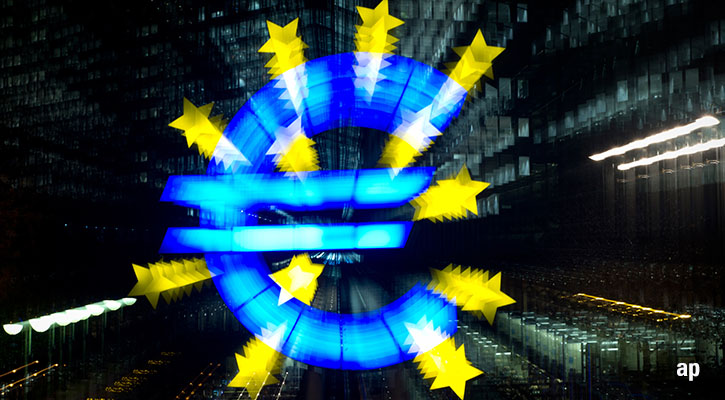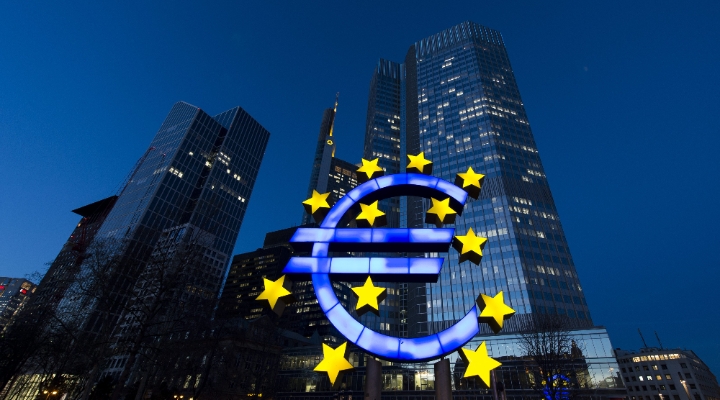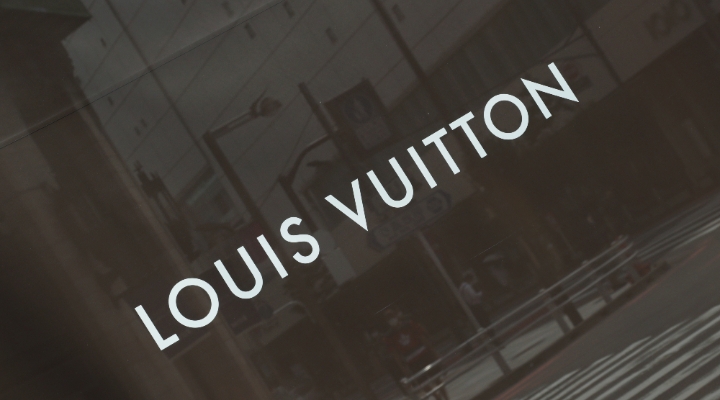
As investor sentiment towards the luxury sector turned more cautious last year, one company was particularly hardly hit: Kering (KER).
Shares in the French luxury group lost 16% over the course of 2023, while LVMH gained 8%. Hermès jumped 33%.
The year was particularly busy for the second largest luxury company in the world, controlled by the Pinault family and home to well-known fashion brands like Gucci, Yves Saint Laurent, Bottega Veneta, Balenciaga, Brioni or Alexander McQueen.
Kering Share Price Disappoints
Kering spent €1.7 billion (£1.5 billion) to buy a 30% stake in the Italian house Valentino, and signed a partnership with Qatari investment group Mayhoola. It recruited new designers for Gucci and McQueen, changed leadership at Gucci and put Saint Laurent chief executive Francesca Bellettini in charge of all its brands. It decided to rebuild a beauty business from within and continued investing in eyewear. And it acquired fragrance brand Creed.
All of this activity didn't help the stock price – especially after the release of disappointing sales number at Gucci, its flagship house, and at other brands including Balenciaga or Bottega Veneta.
"Gucci is the biggest piece of it, given that it accounts for almost 70% of profits, but deceleration elsewhere is not helpful", says Jelena Sokolova, equity analyst at Morningstar.
"The majority of Kering's brands seem to have higher exposure to more aspirational clientele in the developed markets (in contrast to peers like Hermes, or Richemont) which are more economically sensitive and doing worse currently", she adds.
Today, Kering is one of the least favoured luxury names.
LVMH Shares Outpace Luxury Rivals
Since the end of 2019, Kering's share price has declined 34%, while archrival LVMH is up 88% and the European market is up 17%. Indeed, Kering shares are now back to their 2018 level.
As of January 29, they currently trade at a price-to-earnings (P/E) multiple of 14.7 times next year earnings estimate according to consensus data, compared to 21 times for the median of its main competitors. Kering trades at a 36% discount to Morningstar Fair Value estimate of €600 per share.
Yet from a fundamentals perspective, the company has grown quite significantly over the last five years. Revenue has jumped to €20 billion in 2022 compared to €13.7 billion in 2018. Half of it comes from Gucci, which, based on public figures, remains by far the most profitable brand of the group.
Earnings before interest and taxes is up to €5.6 billion compared to €3.9 billion (Gucci brought 67% of that amount in 2022).
The only disappointing metric is free cashflow, which increased only by 8% to €3.2 billion over the same time period.
Kering's financial performances are in stark contrast to LVMH, a far bigger competitor with a much-diversified portfolio of brands, but also to other successful companies like Hermès and Moncler.
Looking at its current valuation multiples, it is clear that investors are very sceptical about the ability of Kering, and more specifically Gucci, to stage a comeback.
Rebooting the Gucci Brand
"It is hard to see a definite catalyst for Kering shares, but shares seem to be pricing continuous underperformance of Gucci brand versus peers," Sokolova says.
"We see this as implausible given the brand's strong global recognition (number two in luxury leather after Louis Vuitton), Kering's capital resources and access to talent that should benefit Gucci, and around 90% of control over distribution, which prevents excessive discounting (which can damage the brand permanently)".
"Gucci is still suffering from decisions taken during the pandemic period to protect margins and cash flow generation instead of investing in marketing to fuel growth as other key competitors did in the luxury sector", a report from HSBC published in November 2023 explained.
While a pure luxury player since 2018 (and since 2012 when the company focused on luxury and "sport & lifestyle"), the company is credited with having a "retailer mentality", keen to protect its margins when the macro environment deteriorates (Kering, formerly known as PPR, indeed controlled several retailers until 2011).
Its focus on luxury helped significantly improve its profitability.
Yet Gucci has been losing market share since 2020.
"During the post-Covid-19 time frame, LVMH Fashion & Leather has emerged as the largest market share winner, thanks to significant brand heat across its portfolio and outsized brand reinvestment," Bank of America wrote in a report published in October last year.
"Gucci should have spent more on advertising and promotion … and should have been stricter on wholesale sell-in, rather than starting the rationalization in 2020 when the retail business was starting to soften, further adding to the cyclicality."
According to HSBC, a brand turnaround usually takes 12 to 18 months to bear fruit. But turning around a business while entering an industry slowdown in a weak position makes it even more challenging for Kering.
Problems at Balenciaga and Bottega Veneta Too
Bottega Veneta, which generated a profit margin in the 25-30% range between 2007 and 2017, saw its margin fall back to 19% on average between 2018 and 2022.
Balenciaga's reputation was severely impaired after a poorly-thought-out ad campaign caused controversy at the end of 2022.
The decision to rationalise its wholesale business "contributed to all brands reporting organic sales decline in retail as of Q3 2023 compared to mid-single to high-single digit sales growth for peers", UBS analysts said in a report released in November last year.
"For Gucci I believe it is largely done, for the other brands management expects it to be over mid-2024", says Sokolova.
"Generally, the group already has very high share of retail, and we view wholesale rationalisation as moat reinforcing, given that control over distribution gives control over pricing."
Kering has endeavoured to boost its beauty and eyewear businesses, but those assets will probably take some time before they have a meaningful impact on sales and earnings.
"I don't view it as a material contributor near-term, although it has potential to grow into a more meaningful business, the way Kering Eyewear has done, which is still though only a little over 5% of revenue after launch in 2014", Sokolova says.
"Creed, which Kering acquired, contributes only low single digit to revenue but is very profitable and helps to accelerate the launch, but still near-term it is going to be rather dilutive, in an investment phase."
Kering will release its full-year results for 2023 on February 8.











.jpg)

















